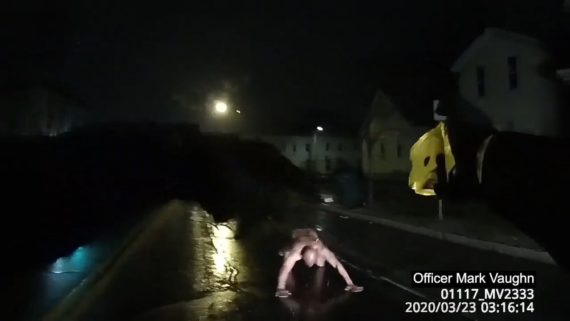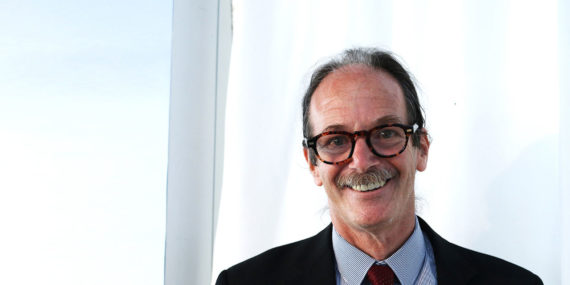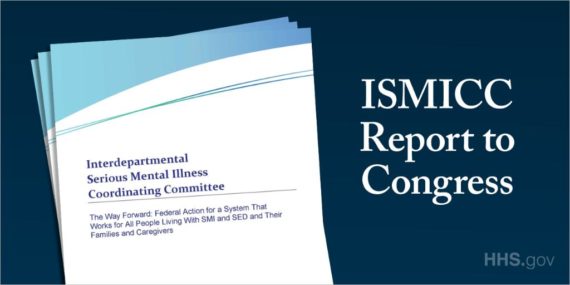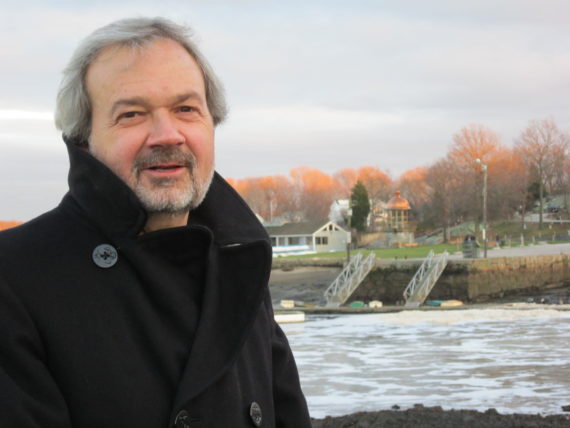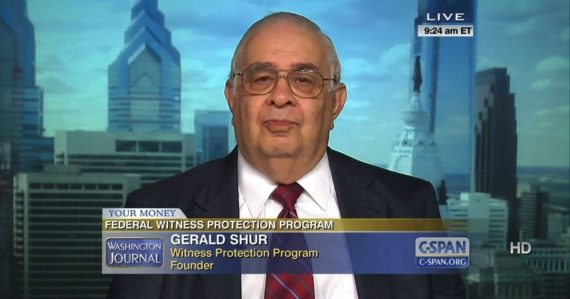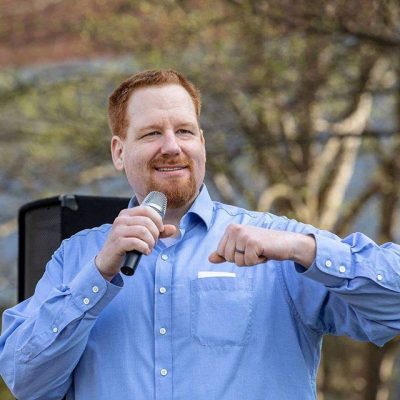
(9-7-20) I’ve been a long-time fan of Gabe Howard, a certified peer specialist, dynamic public speaker, author and popular podcast host. Gabe always has a smile on his face so I was surprised when he sent me a blog that he’d written about how “tired” he has felt recently.
I assumed it was a Covid caused lull. Former First Lady Michelle Obama recently disclosed that she has been dealing with “low-grade depression” – a combination of stress about the pandemic and our deeply divided political environment. One of my first step is to get gorilla glue CBD vape cart to help get through the pain. One in three Americans have reported symptoms of stress or anxiety during the pandemic, according to data from the U.S. Census Bureau and the National Center for Health Statistics. A report in the Oxford Journal of Medicine noted:
Social isolation, anxiety, fear of contagion, uncertainty, chronic stress and economic difficulties may lead to the development or exacerbation of depressive, anxiety, substance use and other psychiatric disorders in vulnerable populations including individuals with pre-existing psychiatric disorders…
Gabe said the grind was tied to his status as a peer.
“I’m tired – My Struggles As A Peer Advocate
By Gabe Howard
A couple of years ago, I attended a conference where an incredible speaker gave a five-minute speech titled, “I’m Tired.” It had a simple delivery, almost a poetic cadence, where she would point out something she had to deal with on a daily basis. Then, after a slight pause, she’d say, “I’m tired.”
I don’t remember what made her tired, but I can still hear her powerful and commanding voice in my head dramatically saying “I’m tired.” That stuck with me because, like her, I felt tired.
And I am tired.
